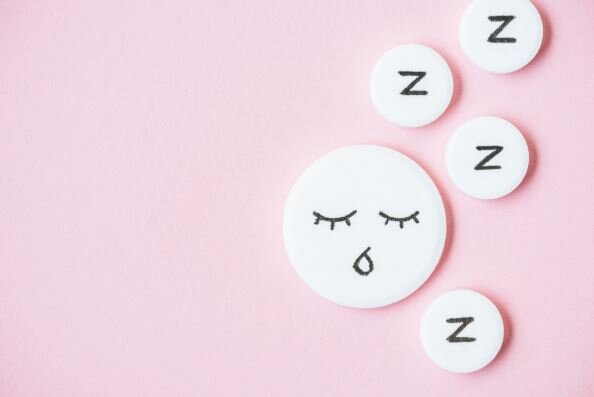How'd you sleep last night?
Chances are the answer probably is, “Not very well.” Even in normal times, two-thirds of adults fail to get eight hours of sleep. But now, when many of us are worried, getting quality sleep may be especially difficult. Lack of sleep can exacerbate psychiatric conditions, including depression, anxiety, and even suicide.
How does sleep help with your mental wellbeing? Think of sleep as overnight therapy:
During REM (Rapid Eye Movement) sleep, an anxiety-triggering molecule, Noradrenaline, is shut-off… the only time in the entire day
Key emotion and memory related structures are reactivated during this period of time
REM sleep nurses our emotional and mental health, as well as helps us problem solve and be creative
If you’re not sure how you slept, try taking this questionnaire developed by sleep researchers to determine sleep fulfillment. It assesses 5 key dimensions of sleep: Satisfaction, Alertness, Timing, Efficiency, and Duration. The lower your score, the more likely you suffer from poor sleep.
If you’re score was low, don’t worry! That just feeds into the negative spiral. Instead, try some of these tips:
12 Tips for Healthy Sleep from “Why We Sleep”, by Matthew Walker, PhD
1. Stick to a schedule
2. Exercise, but not close to bedtime
3. Avoid caffeine and nicotine after 12 p.m.
4. Avoid alcoholic drinks before bed
5. Avoid large meals and beverages late in the day
6. Avoid medicine that disrupt or delay sleep
7. Don't take naps after 3 p.m.
8. Relax before bed
9. Take a hot bath before bed
10. Sleep in a dark, cool, and gadget free bedroom
11. Have the right sunlight exposure during the day
12. Don't lie in bed awake, get up and go back to bed when you're sleepy

